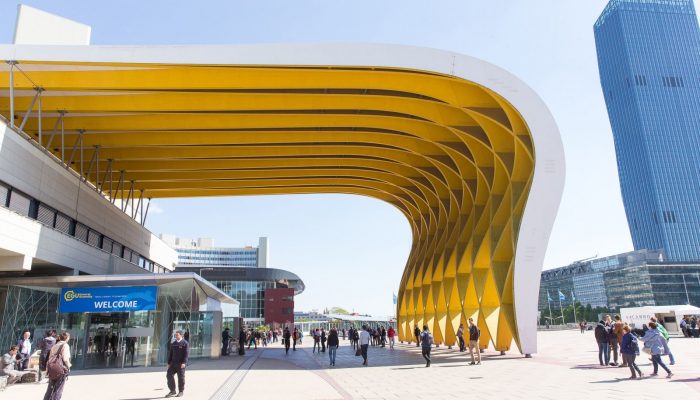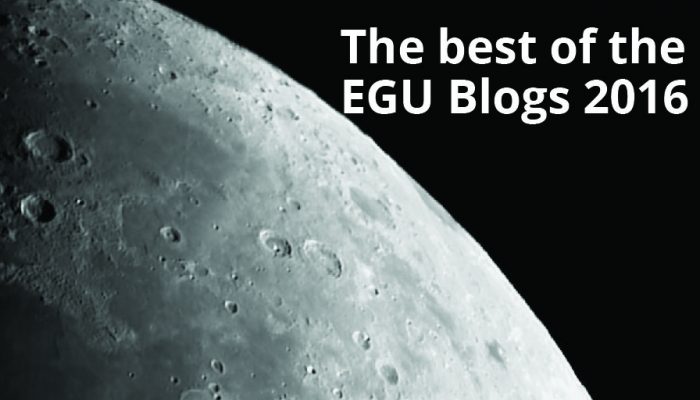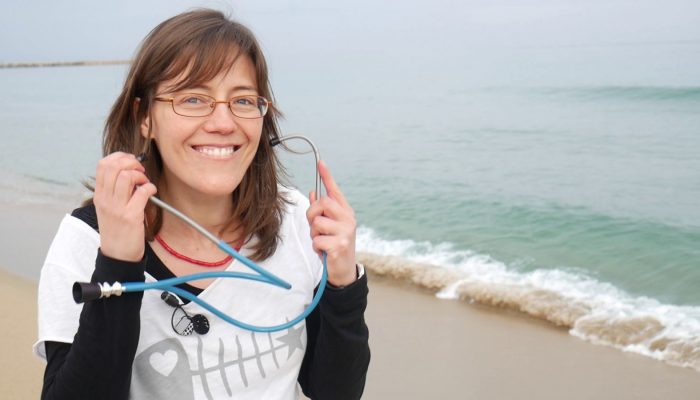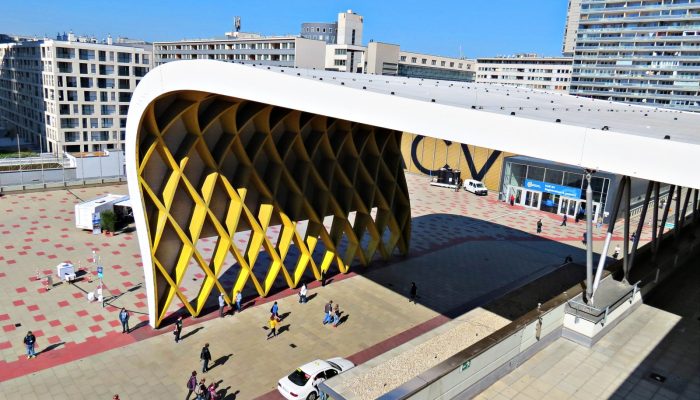Will this be your first time at an EGU General Assembly? With 13,650 participants in a massive venue, the conference can be a confusing and, at times, overwhelming place. To help you find your way, we have compiled an introductory handbook filled with history, presentation pointers, travel tips and a few facts about Vienna and its surroundings. Download your copy of the EGU General Assembly guide ...[Read More]
A first-timer’s guide to the 2017 General Assembly




